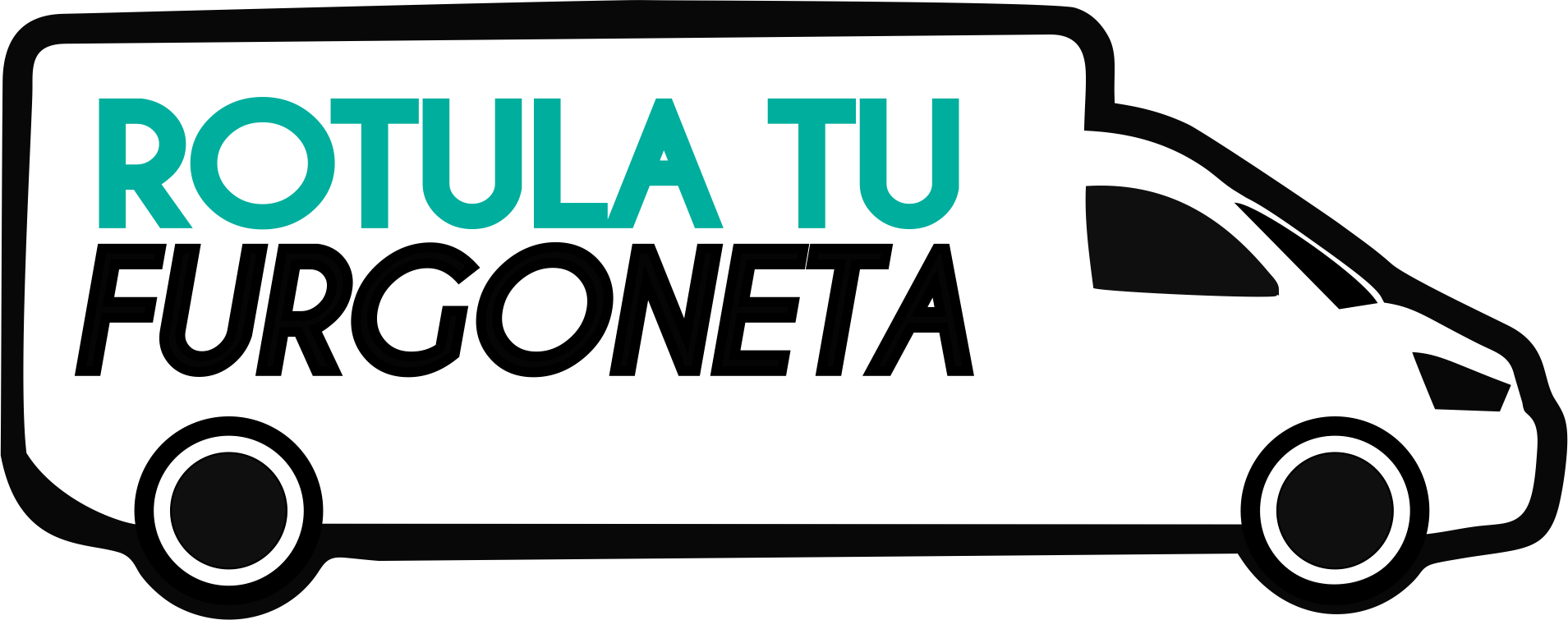The cost of gonadotropin cycles can vary depending on multiple factors. One significant factor that affects the cost is the type of gonadot
Gonadotropin cycle cost refers to the expenses associated with undergoing a hormonal treatment known as a gonadotropin cycle. This treatment involves the use of medications called gonadotropins, which are hormones that stimulate the ovaries in women or the testes in men to produce eggs or sperm, respectively.
The cost of a gonadotropin cycle can vary depending on various factors, including the specific medications used, the dosage required, the duration of the treatment, and the healthcare provider’s fees. Additionally, additional costs may arise from diagnostic tests, monitoring appointments, and any necessary procedures such as egg retrieval or insemination.
It is important for individuals considering a gonadotropin cycle to carefully consider the financial implications and consult with their healthcare provider or fertility specialist for an accurate estimate of the total cost involved. Understanding the cost of this treatment can help individuals make informed decisions about their reproductive options and plan accordingly.
While the expenses associated with a gonadotropin cycle can be significant, it is essential to remember that the ultimate goal is to help individuals or couples achieve their dream of starting or expanding their family. Many healthcare providers and clinics offer financing options or assistance programs to help alleviate the financial burden and make this treatment more accessible.
In conclusion, the cost of a gonadotropin cycle encompasses not only the medication itself but also additional medical services and procedures. By understanding these costs and exploring available resources, individuals can navigate the financial aspect of this treatment while focusing on their journey towards parenthood.
Gonadotropin Cycle Cost: Understanding the Financial Aspects
Embarking on a gonadotropin cycle is a significant decision for individuals or couples trying to conceive. Along with emotional and physical considerations, it’s important to understand the financial aspects associated with these treatments. In this article, we will delve into the cost factors of a gonadotropin cycle and how it can impact your journey towards parenthood.
The Basics of a Gonadotropin Cycle
Gonadotropins are hormones that stimulate the ovaries to produce eggs, increasing the chances of successful conception. A typical gonadotropin cycle involves regular injections of these hormones over a period of several weeks. The exact protocol may vary depending on individual circumstances and medical advice.
Cost Factors to Consider
When estimating the cost of a gonadotropin cycle, it’s essential to consider the following factors:
- Medication: Gonadotropin medications can be quite expensive, especially considering the need for multiple doses throughout the cycle. The cost will depend on the type and brand of medication prescribed, as well as the dosage required.
- Monitoring: Regular monitoring through ultrasound scans and blood tests is necessary to assess the response to the medication and adjust the dosage if needed. Each monitoring appointment incurs a separate cost, so it’s important to factor this into your budget.
- Fertility Clinic Fees: Utilizing the services of a fertility clinic involves various fees, such as consultation charges, https://gonadotropincycle.com/ lab work, and administrative costs. These fees may vary between clinics, so it’s advisable to research and compare different options.
- Additional Procedures: In some cases, additional procedures like intrauterine insemination (IUI) or in vitro fertilization (IVF) may be recommended alongside the gonadotropin cycle. These procedures come with their own set of costs, which need to be considered separately.
- Supportive Medications: To enhance the success of the cycle, your doctor may prescribe additional medications like progesterone supplements. These medications also add to the overall cost of the treatment.
Insurance Coverage and Financial Assistance
It’s important to review your health insurance policy to determine if gonadotropin cycles are covered. Some policies provide partial or full coverage for fertility treatments, while others may not cover them at all. Understanding your insurance coverage will help you plan your finances accordingly.
If your insurance does not cover the entire cost or if you do not have insurance coverage for fertility treatments, there may be financial assistance programs available. Research local and national organizations that offer grants or discounted services to individuals or couples undergoing fertility treatments.
Planning and Budgeting
A gonadotropin cycle can involve significant costs, so it’s crucial to plan and budget accordingly. Consider the total expense, including medication, monitoring, clinics fees, additional procedures, and supportive medications. Create a financial plan that takes into account potential future cycles if needed.
Additionally, explore options for financing or payment plans offered by fertility clinics or specialized lending institutions. These options can help alleviate the immediate financial burden and make the journey more manageable.
Conclusion
Embarking on a gonadotropin cycle is an investment in both time and money. Understanding the various cost factors involved and exploring avenues for financial assistance can help ease the financial burden associated with fertility treatments. Remember to discuss your concerns and questions with your healthcare provider and seek guidance from financial advisors to make informed decisions along your journey towards parenthood.

